

The Last Will Be First
In the New Testament, Jesus is called the “firstborn,” a title of authority. While firstborns traditionally received inheritance and power in the ancient world, Jesus redefines this power. In his Kingdom, the last are first, and true authority comes through loving others, even our enemies.
Reflect
Read Genesis 4:1-5, Genesis 17:15-21, and Genesis 25:21-26, taking note of the brothers’ names for future reference. The Bible was written in a society that granted unique privileges and responsibilities to a family’s firstborn son. How does God challenge this cultural norm in these Genesis stories?
Read Genesis 4:5-9, Genesis 21:8-9, Genesis 27:41-42. How do the older siblings in each story and generation react to God overturning their status?
Jacob and Esau’s bitter rivalry spanned generations, and now their children are at war. Note the names in Esau’s bloodline as you read Genesis 28:6-9, Genesis 36:1-2, and Genesis 36:11-12. See also Exodus 17:9-9 and Joshua 24:11. Discuss how Esau partners with Cain and Ishmael’s bloodlines to attack Jacob’s descendants (Israel).
Let’s look at another family feud in Matthew 20:20-28. Why are the 10 disciples mad at the two brothers? What does Jesus say to those who want the rights and power that come with being “first”?
Jesus is the firstborn of a new bloodline characterized by peacefulness. Read Hebrews 12 out loud as a group. How does Jesus invite us to endure difficult situations? Zoom into Hebrews 12:24. What does Jesus’ blood “speak” that Abel’s does not?
Take time to discuss other themes, questions, or key takeaways from what you learned together.
Downloads
Biblical Themes

The Wilderness

Redemption

The Exodus Way

The Mountain
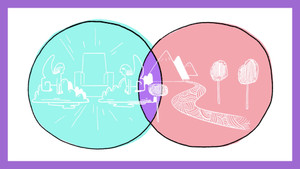
Heaven & Earth

The Messiah

The Covenants
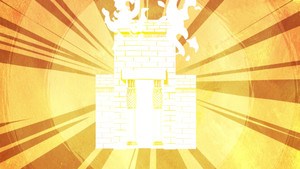
Holiness
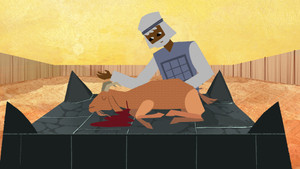
Sacrifice and Atonement
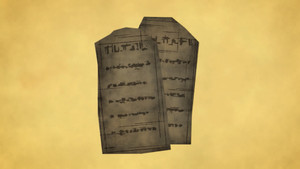
The Law

Gospel of the Kingdom

Image of God
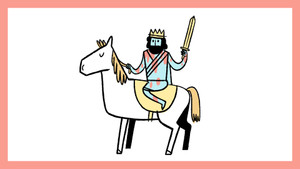
Day of the Lord
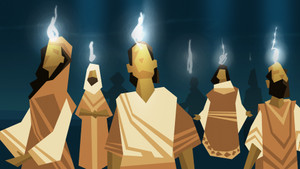
Holy Spirit
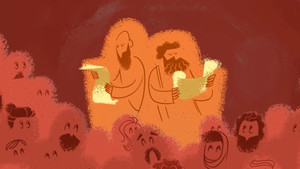
Public Reading of Scripture

Justice

Exile
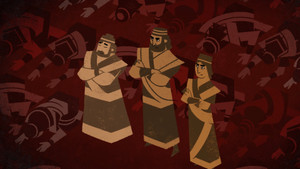
The Way of the Exile

Son of Man

Temple

Generosity

Sabbath

Tree of Life

Water of Life
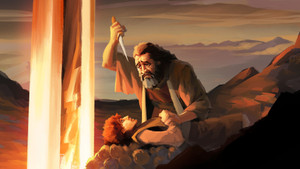
The Test
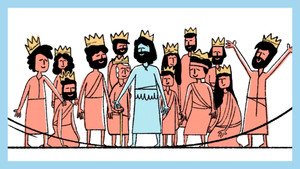
Eternal Life

Blessing and Curse

The Last Will Be First
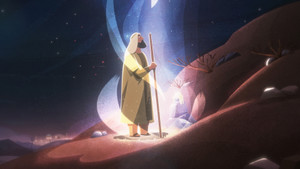
Anointing

The City
